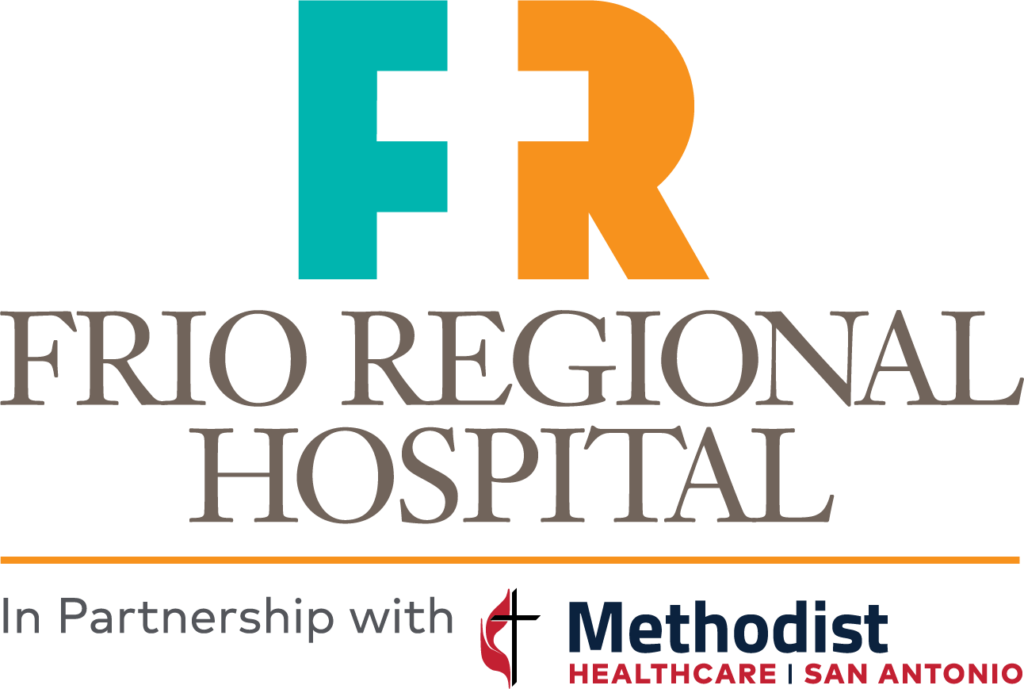Quiz – Babies, True Or False?

If you’re a new parent—or about to become one—you have an endless set of questions about how to care for a baby. Although babies don’t arrive with a manual, you can get the answers from many resources—like your doctor. Start testing your baby smarts with this quiz.
True or false: Babies should fall asleep however they're comfortable. Either on their tummies or on their backs is fine.
False. Always place your baby on his or her back to sleep—for naps and at night. This reduces your baby’s risk of sudden infant death syndrome. Save tummy time for when your baby is awake and someone is watching. This time is important too: Being on their tummies while awake helps babies strengthen their head, neck and shoulder muscles.
True or false: Breast food is the best first food for babies.
True. Breast milk is the only nourishment most babies need for the first 6 months of life. It is easy to digest and delivers virtually all the protein, sugar and fat babies need to stay healthy. Breast milk also contains disease-fighting antibodies that help keep little ones safe from germs and infections.
True or false: As soon as a baby's teeth begin to come in, it's important to start brushing them.
True. To help prevent cavities, start brushing your baby’s teeth as soon as they break through the gums—a milestone that usually happens around 6 months. Brush with a rice-sized smear of fluoride toothpaste and a soft baby toothbrush. Before teeth appear, you still need to provide dental care by wiping your baby’s gum with a clean, moist washcloth.
True or false: Always responding to a baby's cry will spoil him or her too much.
False. You can’t spoil babies with attention in the first few months of life. In fact, if you promptly answer your baby’s cries for help—for example, by changing a wet diaper or gently rocking your baby even when nothing obvious is wrong—your baby will likely cry less overall.
True or false: It's normal for newborns to only sleep for one or two hours at a time.
True. Unfortunately for their parents, newborns may only sleep in brief bursts—whether it’s day or night. A key reason is that they have small stomachs and need to wake up frequently to eat. Newborns actually spend most of their time dozing: about 16 to 17 hours every day. They just don’t get that shut-eye all at once.
True or false: To stay safe, babies need to ride in rear-facing car seats
True. Starting with the first ride home from the hospital, your baby needs to ride in a rear-facing car seat. And remember, even for a short drive, it’s never safe to hold your baby in your arms.
Anytime your baby seems out of sorts or not quite right, be sure to call your baby’s doctor. Review the signs that your child needs medical attention so you know what to look for.
Sources
- Eunice Kennedy Shriver National Institute of Child Health and Human Development. “Other Infant Care and Infant Health FAQs.” https://www.nichd.nih.gov/health/topics/infantcare/more_information/other-faqs.
- Eunice Kennedy Shriver National Institute of Child Health and Human Development. “Safe to Sleep.” https://safetosleep.nichd.nih.gov.
- HealthyChildren.org. “Breastfeeding.” https://www.healthychildren.org/English/ages-stages/baby/breastfeeding/Pages/default.aspx.
- HealthyChildren.org. “Car Seats: Information for Families.” https://www.healthychildren.org/English/safety-prevention/on-the-go/Pages/Car-Safety-Seats-Information-for-Families.aspx.
- HealthyChildren.org. “Crying and Colic.” https://www.healthychildren.org/English/ages-stages/baby/crying-colic/Pages/default.aspx.
- HealthyChildren.org. “Sleep.” https://www.healthychildren.org/English/ages-stages/baby/sleep/Pages/default.aspx.
- HealthyChildren.org. “Starting Solid Foods.” https://www.healthychildren.org/English/ages-stages/baby/feeding-nutrition/Pages/Starting-Solid-Foods.aspx.
- HealthyChildren.org. “Teething and Tooth Care.” https://www.healthychildren.org/English/ages-stages/baby/teething-tooth-care/Pages/default.aspx.
- MouthHealthy. “Better Dental Health Starts Here.” https://www.mouthhealthy.org/all-topics-a-z/baby-teeth.

